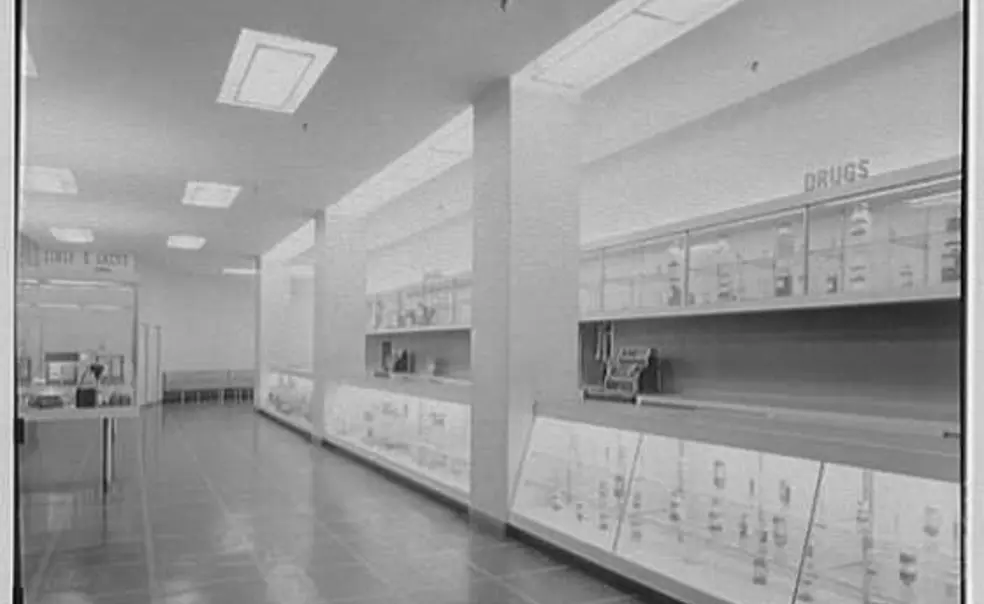The Butyric Acid Ogre and the Honor System
Tradition handed us the honor system, the best and most respected of all traditions. It was accepted as an a priori integral part of Princeton, and no one would have thought of breaking this established code among gentlemen. The honor system applied to examinations and was limited to that. The student body had its imperfections beyond that point, however. We recall the last experiment for the spring term in organic chemistry, that ogre known as the butyric acid synthesis. Each student was given about a gallon of material which had to be built up progressively from one organic compound to another, the final result supposedly being three or four drops of butyric acid, the odoriferous acid that gives decaying cheese its smell. We labored honestly and assiduously throughout the long spring afternoons. The whole class individually repeated the tedious experiment many times without so much as obtaining a smell of butyric acid. There was a mumble of mutiny, a buzz of anarchy. We dreamed of butyric acid and envisioned it as a liberty-robbing tyrant created to enthrall us. The strain became too great. A committee of one was sent to New York to Eimer & Amend, the chemists, and a whole bottle of the evil smelling stuff was purchased.
The whole class had enough butyric acid for ten generations to come. It was handed in individually and the underlings of our good professor, Fred Neher, were astounded. “How did you get so much?” was the puzzled inquiry. “Oh, we just got it!” was the non-committal reply. We can venture to say with assurance that no man in that class would have thought of cheating in an examination any more than shooting his professor, but we drew the line of this never ending experiment, and there is reasonable certainty that those in charge preferred not to question the matter further. “The Smallest Worm Will Turn, being Trodden on.”
This was originally published in the March 6, 1931 issue of PAW.












No responses yet